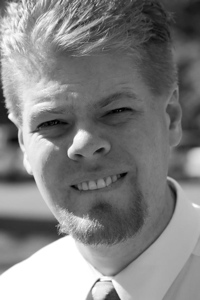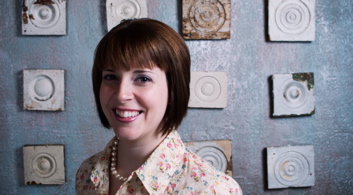I never intended to become addicted to another television show. For starters, I don’t have the time. But a compelling secondary reason is that too many of the shows I have allowed myself to fall in love with in recent years (Arrested Development, Veronica Mars, Firefly) have fallen victim to cancellation shortly after I pledged my devotion. I have learned to wall off my heart, especially when the Fox channel is involved, for these shows’ own protection.
Around this time last year, though, I began seeing fanatical Facebook status updates about a new program called Glee. I suspected I would enjoy it because I’m a Broadway show tunes freak. (One of my fondest memories of Scholastic Bowl in high school was when our team captain designated me to answer a four-part bonus question that required matching songs with their respective Broadway shows. Yes, I am that geeky.) So I knew I would be in the target demographic for a show about a high school glee club filled with folks like me, and I settled in to watch the first season (DVDs due out today).
But I wasn’t expecting the program to be as smart and well-written as its early episodes proved it to be.
The dialogue was sharp yet oddly believable, the characters drawn with surprising depth. Glee captured the anxiety and painful struggle for self-definition I remember well from adolescence. Looking back at my high school years, I’m sure the cheerleaders didn’t actually wear their uniforms every single day to school; it was only on game days. But by dressing the Cheerios in this way Glee captures the way high school felt to all the rest of us, the ones who would never be cheerleaders or jocks. The Cheerios’ uniforms represent an insurmountable wall of social separation that was rarely discussed but universally experienced.
I also wasn’t expecting the series to pack an emotional wallop. In the third episode, I was moved by Kurt’s admission to Mercedes that he is gay–and by hearing her tell him to pour everything he has into the community they are forming. She tells him is that Glee Club is about not hiding his true identity, but bringing every part of himself to the group. In the next week’s episode (“Preggers”) Kurt takes this to another level by coming out to his dad, a stereotyped “man’s man” that we think we’ve already figured out. It turns out we were wrong–and that maybe all of the stereotypes we’ve been harboring about all of the characters have been wrong.
Glee is about not only about finding and celebrating your true self, but doing so in community. And that’s something to sing about.

